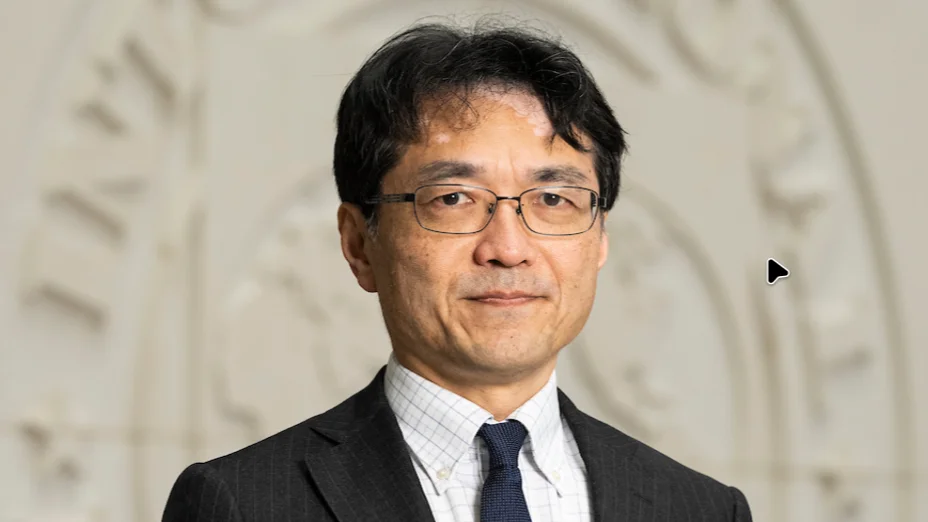An International Monetary Fund (IMF) team, led by Mission Chief Jaroslaw Wieczorek, conducted meetings in Ouagadougou from April 1 to 8 as part of the third review of Burkina Faso's Extended Credit Facility (ECF) program. This arrangement, approved by the IMF Executive Board on September 21, 2023, involves an allocation of SDR 228.76 million, approximately US$ 302 million.
Jaroslaw Wieczorek stated, "I am pleased to announce that the Burkinabè authorities and IMF staff have reached a staff-level agreement on the economic and financial policies that could support the approval of the third review of the program under the ECF arrangement." He added that the review's conclusion could lead to the disbursement of about US$ 32 million, bringing total disbursement under the arrangement to roughly US$ 128 million. The IMF Executive Board is expected to review this agreement in June 2025.
Despite facing a difficult humanitarian and security environment, Burkina Faso's growth is projected to accelerate to 5 percent in 2024, thanks to strong agricultural and service sector performance. The economy is expected to stay robust in 2025, while inflation, which reached 4.2 percent in 2024, is anticipated to decrease to 3 percent.
Wieczorek emphasized that the ECF arrangement aims to ensure fiscal space for priority expenditures, reduce debt vulnerability, bolster resilience to shocks, and improve fiscal governance. He also praised the authorities for their progress in structural reforms, mobilizing domestic revenue, and increasing spending on education, health, and social protection, despite challenges. However, he noted the overall fiscal deficit objective of 5 percent of GDP was exceeded, and multiple program targets were unmet at the end of December 2024. In response, Burkina Faso has formulated a budget for 2025 to strive towards the WAEMU fiscal deficit ceiling of 3 percent of GDP.
Further, he remarked, "Discussions revealed that a less sharp consolidation would be preferable to avoid potentially overly drastic spending cuts in 2025." Wieczorek mentioned that the IMF staff is considering supporting a relaxation of the fiscal deficit target to 4 percent of GDP, provided additional external financing of 0.7 percent of GDP is available, stressing the need for continued domestic revenue mobilization.
Initial talks were also held about the government's resilience agenda, including a potential arrangement under the IMF’s Resilience and Sustainability Fund (RSF).
The IMF mission met with Burkina Faso's Minister of Economy, Finance and Prospective, M. Aboubakar Nacanabo, BCEAO National Director M. Armand Badiel, and other officials, along with private sector representatives and development partners. Wieczorek concluded by expressing gratitude for the "constructive and open discussions as well as their warm hospitality and support."

